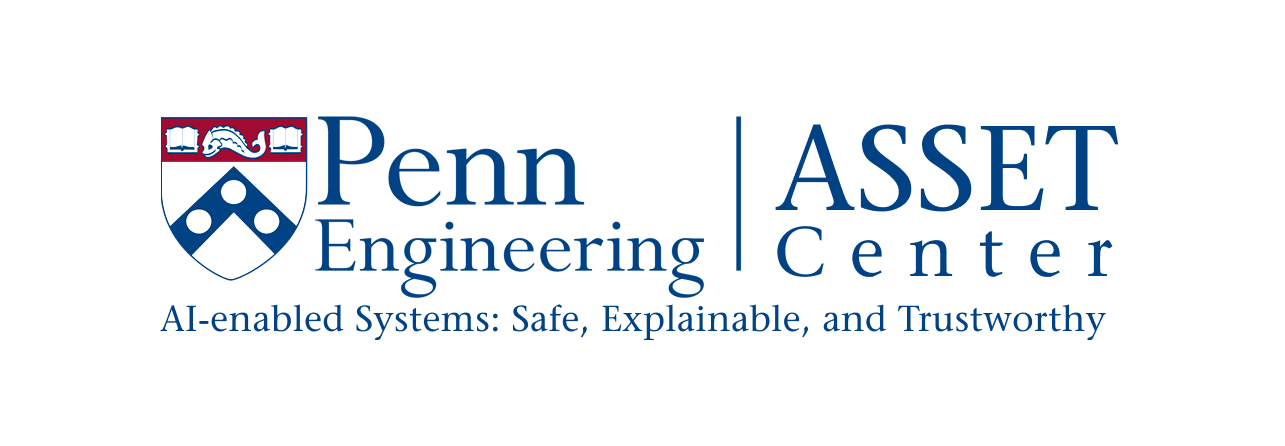
Tianlong Chen (UNC): Auditing Large Language Model Ecosystems: From Model Outputs to Agentic System Deployment
Abstract:
Decision making tasks like contextual bandit and reinforcement learning often need to be conducted under data distribution shifts. For example, we may need to utilize off-policy data to evaluate a target policy and/or learn an optimal policy utilizing logged data. We may also need to deal with sim2real problem when there is a dynamics shift between training and testing environments. In this talk, I am going to introduce two threads of my work in the domain of robust decision making under distribution shifts. First, I will introduce distributionally robust off-policy evaluation and learning techniques that feature a more conservative uncertainty in the reward estimation component. This pessimistic reward estimation will benefit both off-policy evaluation and learning under various distribution shifts. Second, I will introduce our work in estimating model performance under distribution shift and off-dynamics reinforcement learning, where recognizing the underlying structures in distribution shift benefits model auditing and model adaptation. Especially, previous off-dynamics reinforcement learning methods can suffer from a lack of exploration, while we propose a novel model-based approach that better estimates the target dynamics, leveraging shared structures. Finally, I will survey some of our current work and future work in uncertainty-aware approaches to critical applications in large language models and health decision making.
Biography:
Tianlong Chen received a doctorate in electrical and computer engineering from the University of Texas at Austin in 2023 and joined the UNC Department of Computer Science in Fall 2024. Before coming to UNC, he was a postdoctoral researcher at the Massachusetts Institute of Technology (CSAIL@MIT), Harvard University (BMI@Harvard), and the Borad Institute of MIT & Harvard in 2023-2024.
Chen’s research focuses on building accurate, trustworthy, and efficient machine learning systems. He devotes his most recent passion to various important machine learning problems (sparsity, robustness, learning to optimize, graph learning, and diffusion models) and interdisciplinary scientific challenges (bioengineering and quantum computing). He received the IBM Ph.D. Fellowship, Adobe Ph.D. Fellowship, Graduate Dean’s Prestigious Fellowship, AdvML Rising Star, and the Best Paper Award from the inaugural Learning on Graphs (LoG) Conference 2022.
Zoom: https://upenn.zoom.us/j/97546234895

